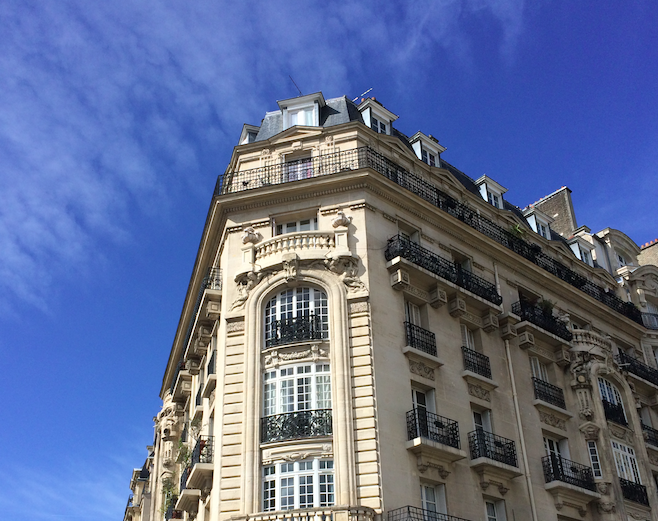You may have heard the term ‘diagnostics’ for French real estate. But what does it mean?
We give an overview of this uniquely French property survey. It’s an essential for anyone buying, selling or renting in our country.
The seller’s responsibility
First thing to note. It is the seller who is responsible for the diagnostics, not the buyer or tenant.
The survey’s official name in French is the Dossier de Diagnostic Technique (Technical Diagnosis File) or DDT.
Although you will commonly hear them referred to as simply ‘diagnostics.’
They differ from the structural surveys used in other countries, especially the USA and UK.
A major variation is the French system’s focus on the health and safety of the building, as well as its environmental impact.
It’s expected that diagnostics are completed early in the transaction process. Normally this means before listing the property for sale or rental.
Ultimately, by law the reservation contract signed by the seller and buyer (or the tenant’s lease) must contain the full diagnostics
.
A list of diagnostics for French real estate
The diagnostics are not one individual survey. Rather, they are several checks, depending on whether the property is for sale or rental. Also, whether it is a freestanding home or part of a co-ownership.
For owners selling an apartment, expect the following nine checks in the DDT. All made by a qualified professional with liability insurance.
They are: an energy efficiency overview, risk of lead exposure, presence of asbestos, gas installation and electrical wiring (both if over 15 years old), presence of termites, mould, the Carrez law size of the property, plus natural and industrial risks such as mining, radon gas and seismic activity.
Diagnostics on freestanding houses are largely the same, although the checks must also detail the status of non-collective sanitation, such as septic tanks.
These lists may seem exhaustive. But the fact is, diagnostic reports are not the same as a full building survey. They are merely basic checks on the status of the property and its potential implications for those living there.
As a buyer or renter, you should be aware that the diagnostics are for informational purposes only. They do not require the owner to make any changes, unless there is something that presents an immediate danger.
They are, however, a good early indication of the property’s status.
The costs of diagnostics
As explained above, it is the seller who must arrange the diagnostic checks. It is also the seller’s responsibility to pay for the survey.
At the time of writing, the average price varies from between 400 to 900 Euros. This varies with the size of the property.
Another final, yet important point is how long diagnostics remain valid. This also varies greatly. For example, some aspects of the report such as energy efficiency are valid for 10 years. Others such as natural or industrial risks require re-evaluation every six months.
Always here to help
Of course, the diagnostics for French real estate are just one consideration when becoming a buyer or renter in Paris.
We understand that the technicalities can be confusing. But rest assured, the team at 56Paris is here to help.
Real experts on all aspects of the local property market, get in touch with them today for a free, no-obligation chat about your plans.
